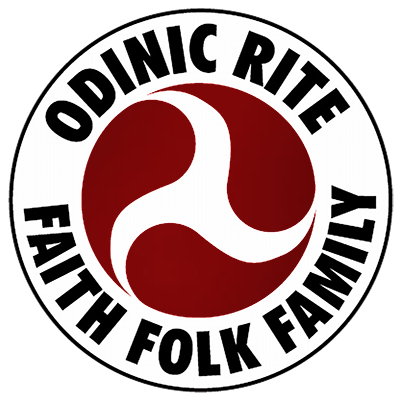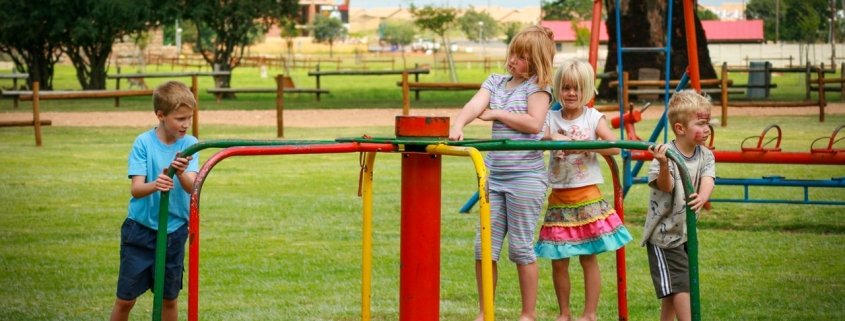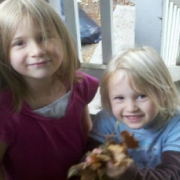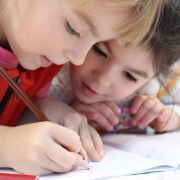Thoughts on Socialization
“I am concerned if my child will be socialized if I home school.”
A valid concern for any parent, not just home schooled parents is socialization. The biggest complaint by anti-home schoolers is that home schooled children lack in social skills. In the following I would like to touch on some points to help home schooling parents both new and veteran. Socialization is definitely a concern, but really not the only concern when it comes to raising the next generation.
First, we need to think about how thing were in ancient times. Children were basically “life-schooled”. The families went about their daily duties and the children learned by doing. Whether it was building a fence to building a boat, or tending the tribal garden to maintaining the livestock, their life was learning. They would start with a job like tending the geese and then once they mastered that job, they would move to another job. As they grew and certain talents shone, such as, carpentry, or artistry, they would then foster to a family member, such as, an aunt or uncle to master that gift. Finally, they had tests for adulthood to ensure they were ready for their own lives. Their socialization was their family and extended family of cousins, second cousins, etc… These children, our ancestors, were responsible for the beautiful longships; discovering Vinland; beautiful, fierce weaponry; exquisite art; and an advanced religion. Socialization definitely was not top priority, ‘academics’ was.
This carried through to the Medieval times, then through the Victorian and Renaissance period. Although cities were larger and folk moved to the village type atmosphere, they still fostered or private schooled. Their main socialization was still their family or small village, which often was their extended family. Villages/tribes started out families and then as they grew they became cities. Again, socialization was not priority and these folk, our ancestors, were the inventers of many wondrous things.
Next, the pioneer times, children were alone with their families many times on the frontier. Again, like the tribal days, their lives were their teachers. These children became the founders of many cities on the frontier, and hence western America. The 1800s– early 1900s was a time of ‘modern’ cities, the industrial revolution. Children then became ‘socialized’ in the most atrocious ways as virtual slaves in factories. They had no schooling. There was a break in social classes. There were farmers on the one hand and factories and cities on the other. This is when public schools really started to take the forefront. The face of our economy was changing from farm based to factory based. We need our children need to be able to work in factories and be perfect little drones. Hence, we have the start of the importance of socialization. We didn’t need thinking children and adults anymore, we needed consumers and producers. What better way to instill the consumer mentality and the want to support government economy then to teach ‘consumerism’ and ‘work ethic’ in school. This is the crux of the socialization myth. Socialization is necessary for our children to be the best consumers/producers ever. They need to consume and produce in order to maintain the industrial/corporate economy that fuels America and the world.
To pull this together, if you are concerned as a parent about socialization, remember that our Folk in much better days were “unsocialized” according to today’s standards. They still achieved the most awesome feats of History. With that in mind, look for ways to involve your children in Life! Have them a part of life! Just being in the world learning and growing is the best socialization for which you could ask. If you are still worried, involve them in a positive social situation like playgroups or sports, in reality those are just extensions of the community and a wonderful way to get them out in the world. Good luck, you have the future in your hands.






Leave a Reply
Want to join the discussion?Feel free to contribute!